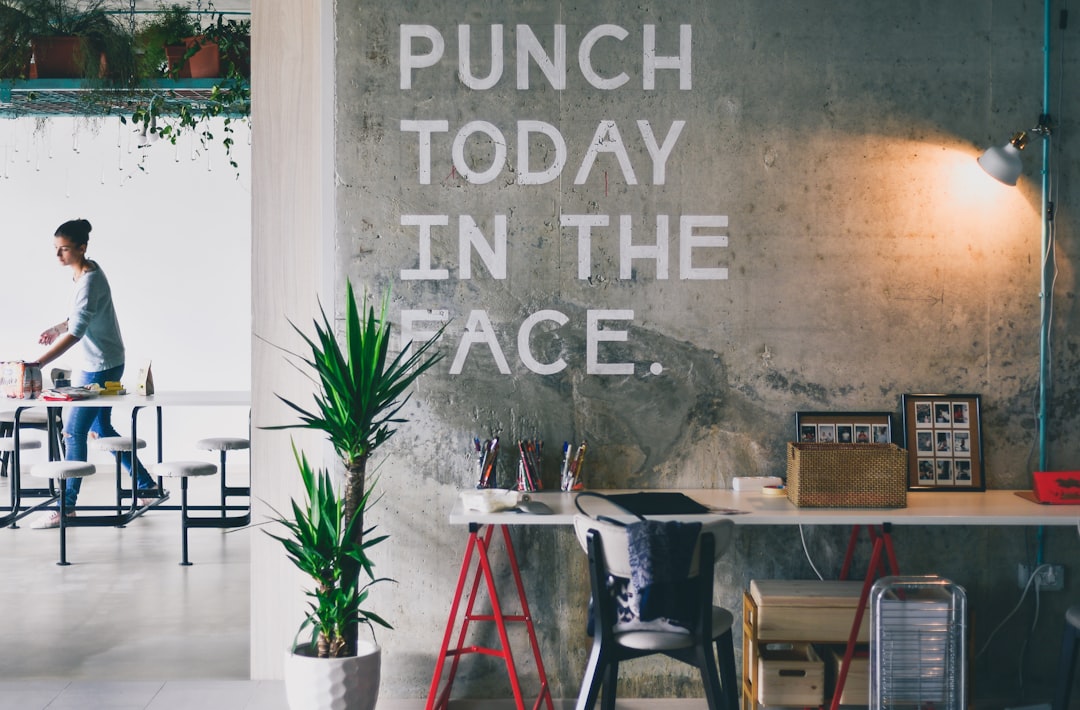Producer’s Commentary

When I started as a writer, I was often paralyzed by the fear that I wasn't good enough. I worried that if I showed my work to the world, people would find my mistakes more obvious and my strengths harder to see. I was afraid of rejection, so I wrote in silence, keeping my work to myself. I didn't share my articles for feedback, because I didn't know how to. Then I learned about the power of taking a risk. I learned that if I shared my work, the worst that could happen was that I would get better from the feedback and criticism. Even more, I learned that progress was better than perfection, and that impact was more important than intent. I've been thinking a lot lately about the power of taking risks. I'm talking about the bigger picture kind of risks that have the power to change our lives and the world. When I was younger, I would have never described myself as a risk taker. I wasn’t exactly afraid to try something new or to move someplace where I knew no one — but when I’d share my story the response often pointed to my courage and my willingness to take risks. I have always been guided by my curiosity and my desire to live a big, bright, happy life. I’ve only ever regretted the times when I didn’t go with my gut.
Progress is Better Than Perfection
Perfectionism is a trap, a gilded trap, but a trap nonetheless. It can keep us from enjoying life and making the most of our potential. The problem I have with perfectionism is that it’s rooted in fear. It is a mechanism that is used to protect us from disappointment and failure, but it is based on the false premise that disappointment and failure are villains and should be avoided at all costs. The truth is failure and disappointment are a vital part of living and can offer us the most valuable lessons we could ever learn. But we must first shed our fear of them and understand the labor of “perfectionism” robs us of the opportunity to learn from our mistakes.
“Perfection is not attainable, but if we chase perfection we can catch excellence.”
Vince Lombardi
I think the pursuit of perfection is a dangerous feature of capitalism (an economic system characterized by private or corporate ownership of capital goods, by investments that are determined by private decision, and by prices, production, and the distribution of goods that are determined mainly by competition in a free market)
We are conditioned to believe that we are products and not people. We can hear parents express different levels of “ownership” when they refer to their children. We often refer to our partners as someone we “own” or “possess.” We’re even expected to hold space for our jobs in a way that is troubling—why should our enthusiasm and passion for a job match the creator, founder, or CEO? Our labor is extracted at a discount. It’s rare that we see equity between ourselves and those at the top of the pyramid. In all of this, we are expected to operate like a machine — machines are supposed to work perfectly every single time, and when they don’t they are called “broken” and need to be repaired or discarded. Perfectionist culture uses shame and disappointment to keep us locked into the cycle.
But Why?
We are often afraid to take risks because we fear negative outcomes, but how will we discover what's possible if we stay timid--especially about the things we want? Taking risks can lead to new opportunities, new experiences, and new relationships. It can also lead to growth, learning, and self-discovery. Taking risks is essential to living fully. When we take risks, we open ourselves up to new experiences, new people, and new opportunities. Often when we consider risks, we think about physical risks like skydiving or bungee jumping. But there are other types of risks to consider. Relationships are one area where taking risks is essential. We have to be vulnerable with another person to experience a deeper connection. Allowing ourselves to be open and honest about our thoughts, feelings, and experiences can be scary, but it is essential to developing intimacy. When we take risks in our relationships, we open ourselves up to the possibility of being hurt, but we also open ourselves up to the possibility of experiencing love, and intimacy on a deeper level. Career risks can also lead to new opportunities and experiences. If we take risks in our work, we may find our work more rewarding and fulfilling than if we were to avoid new challenges and opportunities. Creative risks can lead to new ideas and new approaches to problem-solving. Some risks are not as obvious as others, but if we are mindful enough to detect them, they can be transformative opportunities.
Taking Risks as a Practice
How can integrate taking risks into our lives as a matter of practice? Is it a skill we can learn? Is it a habit we can develop? Or is it something that we are born with? Is it a matter of courage? I think it is all of these things. It is a matter of practice because the more we exercise listening to our inner guidance, we discover a new capacity for seeing and extracting the value of our experiences. I’ve been examining opposites lately—the one that’s become most interesting has been the accepted wisdom that the opposite of love is hate. The closer I looked at this concept, a question emerged. Could fear be the opposite of love, not hate? If fear is the opposite of love, then overcoming fear, might be the way we expand our capacity to love ourselves.










VoiceNotes #009